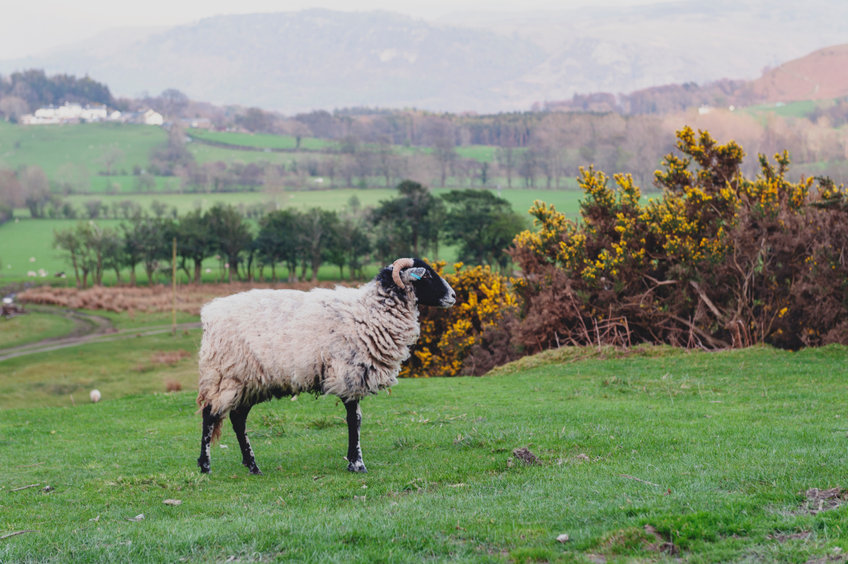
Sheep farmers have criticised 'sweeping statements' made by celebrities advocating a move away from livestock production to plant-based diets.
Celebrities including Stephen Fry, Ricky Gervais, Chris Packham and Leona Lewis, had written Alok Sharma MP, president of COP26, urging government to make livestock farming part of the summit's agenda for world leaders to discuss.
The letter, co-ordinated by the Humane Society International, urged Mr Sharma to 'stop ignoring animal agriculture as a catastrophic climate change culprit'.
They said that livestock farming was not on the summit's agenda as a priority in mitigation discussions, despite the sector being a large contributor to climate change.
World leaders must also commit to meat and dairy consumption reduction strategies to help meet the Paris Agreement’s below 2°C target, the 18 celebrities added.
Since then, the National Sheep Association (NSA) has responded by saying they "fail to notice the positive relationship between UK sheep farming and the environment."
The trade body added that farming methods which "work in harmony with nature should not be overlooked".
The UK sheep industry operates extensively on open pasture, much of which is unsuitable for other land use, it highlighted.
Phil Stocker, NSA chief executive said: “The over-simplification of this message is misleading – not least because UK agriculture, and particularly sheep farming, is different to countries that do not grow as much grass as us.
"Grass-fed lamb has a far lower environmental impact compared to processed foods based on soya, almonds or palm oil, with pasture also acting as a vital carbon sink.
“Sheep used in mixed farming systems help naturally rejuvenate soil for arable crops, and farmers of all different types work hard to find a balance between biodiversity and productivity on farm."
In addition, NSA said it strongly believed that a holistic approach to sustainability was essential in order to meet environmental, economic and social goals.
Jumping to the conclusion that removing farming would reduce emissions 'completely overlooks' the contribution made by agriculture to nature recovery, landscape management and food production, it said.
Mr Stocker added: "It would also erode the cultural and historical value of rural communities, destroying employment and career opportunities, social infrastructure, education, social enterprise and traditional artisan methods.”
It follows news that an alliance of farming groups will host a series of events in the run up to COP26, demonstrating what the industry is doing to reach net-zero.
The new Agriculture & Land Use Alliance (ALA), which includes the likes of the NFU and the AHDB, will host the first-ever 'Countryside COP'.
The week of events, taking place 11-15 October 2021, will bring together farmers, organisations and scientists to demonstrate what the industry has achieved so far.
